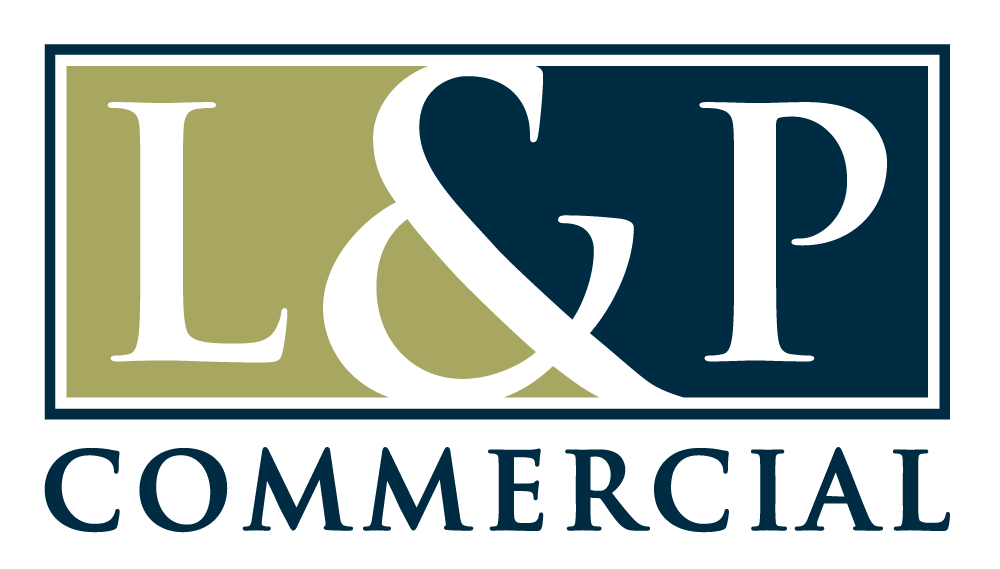For example, understanding the lease type is critical to budgeting your rent. If the lease is a triple net (NNN) lease, then the tenant needs to understand that there are multiple expenses not included in the base rent. Triple net leases separate taxes, insurance and common area maintenance charges from the base rent. So, while a tenant may believe the base rent is inexpensive and a great deal for the property, these NNN expenses could result in major burdens that the tenant does not expect.
Understanding the market is crucial to negotiating fair lease terms. If you understand the vacancy rates for a certain property, then you will be able to understand who has more leverage in the situation. If the building has more vacancy than the market average, then the tenant may have leverage in negotiating a more favorable agreement.
It is often effective for the tenant to draft a Request for Proposal (RFP) and send it to several landlords. An RFP is meant to be vague because it will show the landlords that they are in competition. When responding to the RFP, the landlord may offer a more favorable deal than their advertised price because they understand the competitive situation. While some Letters of Intent are non-binding, it is recommended to have a real estate attorney reviewing the LOI before the tenant signs.
Ultimately, negotiating commercial leases is very complicated and it is important to use professionals to represent your needs. Experienced commercial real estate agents will have the market knowledge you need to negotiate the letter of intent and ensure that you do not sign a letter of intent with hidden fees and unforeseen expenses.

